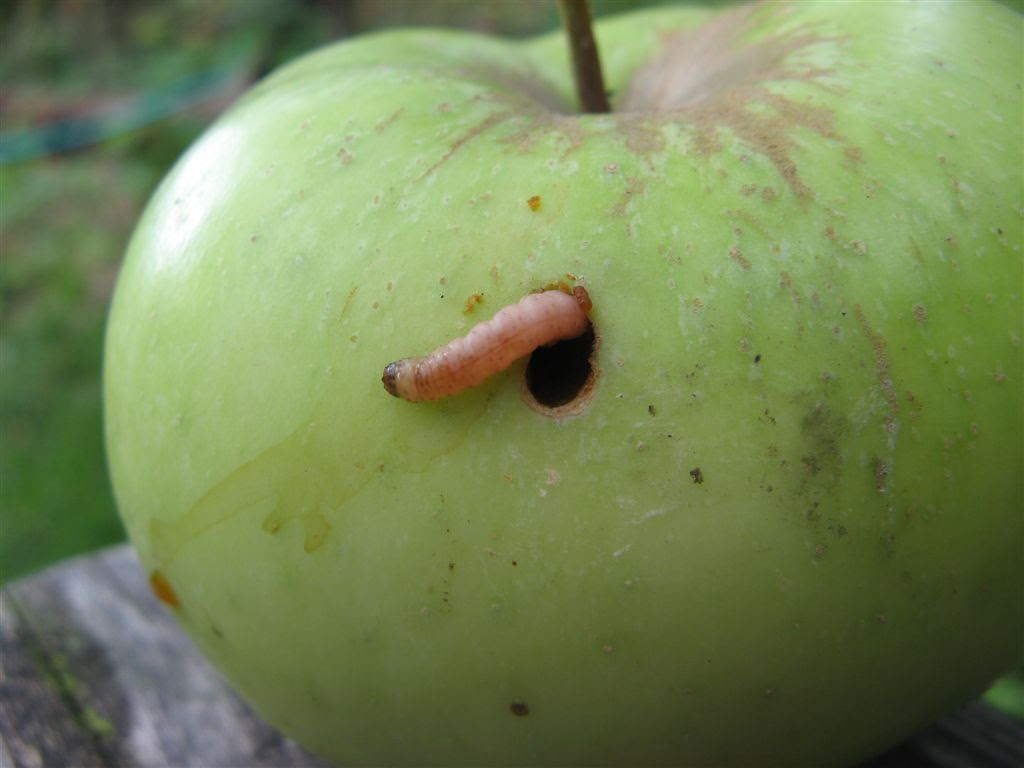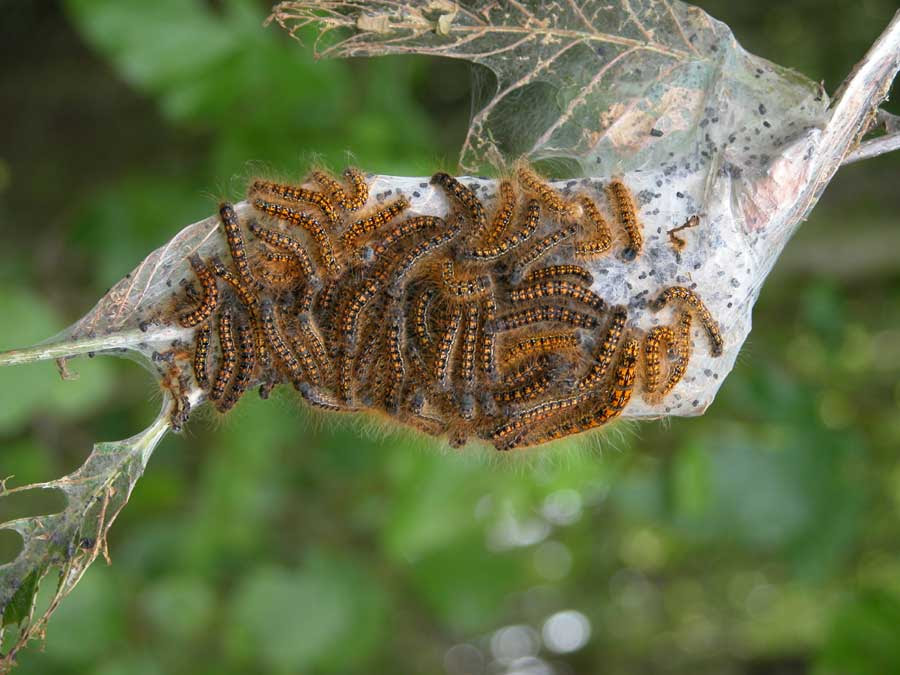Bacillus thuringiensis is a bacterium that dwells in the soil, as well as in the gut of some caterpillars (moths and butterflies), on leaves, animal feces, areas with lots of insects, aquatic environments, and flour or grain storage facilities. This naturally occurring bacteria is the main active ingredient in BT, which is best known today to be an organic pesticide or insecticide. While there is some controversy over whether BT is completely environmentally friendly, it is a fairly successful organic method of killing unwanted pests in your garden and a better alternative than its chemical counterparts because it will not harm beneficial insects.

In your orchard, BT can be helpful in generally ridding your environment of many species of caterpillar pests including codling moth, tent caterpillar, webworm, gypsy moth, tufted apple bud moth, leafrollers, and green fruitworm. (By the way, BT can also be helpful with many annual plants in your garden). When these insects ingest BT, the bacteria is toxic to the insect and prevents the insect from eating, which kills these unwanted pests.
NOTE: Although BT is non-toxic to humans and most beneficial insects, it will kill any species of butterfly and moth. For this reason, only apply as needed to plants that are infested with pest species.
BT can be bought under other trade names, such as DiPel and Thuricide. You can purchase a concentrated version to mix yourself in a spray bottle that you should clearly label. It is then simple to spray onto both sides of the leaves of your plant, preferably in the late evening. You can spray your plants every 7-10 days, for as long as your insect problem persists. In its mixed state, BT will only last for a few days, so only mix as much as you need. Adding a few drops of dish soap can help with mixing and adhering to leaf surfaces. Do not mix BT with substances with a high pH (alkaline). Also, always add BT first, if you are mixing it with other products. Store your BT concentrate in a cool and dry area and it should last for a few years.
A related species, BTI (Bacillus theringeiensis israelensis) attacks larvae of mosquitoes, blackflies, and fungus knats. BTI dunks are the most commonly used means of control for mosquitoes.
More Info:
https://en.wikipedia.org/wiki/Bacillus_thuringiensis
http://www.groworganic.com/weed-pest-control/organic-pest-control/organic-pesticide.html
https://www.youtube.com/watch?v=vPQnphEJr98
This edition of POP TIPS prepared with assistance from POP intern Rachel Baltuch.
SUPPORT US! If you found this entry useful, informative, or inspiring, please consider a donation of any size to help POP in planting and supporting community orchards in Philadelphia: phillyorchards.org/donate.
